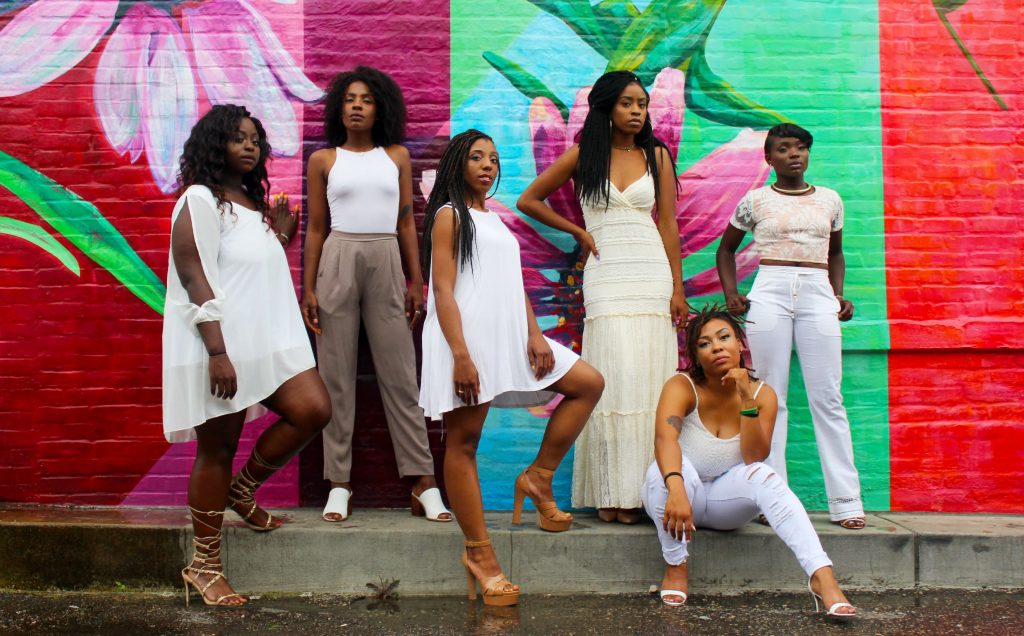New York Times writer Kim Severson has produced an article exploring what it means to be black and in the vegan movement. Talking to influential black vegans such as Aph Ko of Black Vegans Rock, PETA columnist Zachary Toliver and chef Jenné Claiborne, Severson conveys the often forgotten story of black veganism.

‘When you say ‘vegan,’’ says Aph Ko, ‘a lot of people tend to only think of PETA, which doesn’t reflect the massive landscape of vegan activism.’ Ko created a list of 100 black vegans back in 2015 to draw attention to the fact that veganism isn’t just a white thing. Ko claims that ‘The black vegan movement is one of the most diverse, decolonial, complex and creative movements.’ She and her sister have now written a book together entitled ‘Aphroism: Essays on Pop Culture Feminism, and Black Veganism from Two Sisters’.
Zachary Toliver, who Severson notes was included on the list created by Ko back in 2015, spoke to Severson about the impact the list had on him personally saying, ‘I no longer feel like an endangered species out here.’ He is now a columnist for the animal rights organisation PETA.
Jenné Claiborne, who is a personal chef and a cooking teacher, spoke to Severson about what it means to be a black vegan, she said ‘It’s not just about I want to eat well so I can live long and be skinny…For a lot of black people, it’s also the social justice and food access. The food we have been eating for decades and decades and has been killing us.’

Recently, performance artist and activist Jay Brave spoke to the BBC about black veganism in the UK, claiming that veganism gives black youth ‘personal autonomy.’ ‘[We] take back control of [our] own diet in a system in which [we] are not in control of many of the things that we purchase,’ said Brave.
In America, black families are statistically the poorest families, leaving many African-Americans living off food stamps or the SNAP program. Vegan and co-founder of Def Jam Records, Russell Simmons spoke earlier this year about the health problems that could be avoided if SNAP had a focus on ‘healthful’ foods and encouraged retailers not to stock ‘candy, meat, cheese, and greasy snack foods’ which are causing a health epidemic amongst African-Americans.

Claiborne’s comments encapsulate Brave and Simmons’ sentiments.
As a reminder that, although being black and choosing to be vegan may often be motivated by serious socio-political issues, it can also be fun, Severson ended on a quote from a vegan bistro owner in Baltimore, Naijha Wright-Brown: “You can’t say all vegans have to support animal welfare or social justice…We aren’t going to beat you in the head. This is about having compassion. We just want people to eat some vegan soul food and have some fun.”
Image credit: Black Vegans Rock | Aph Ko | Sweet Potato Soul | BBC Radio 4


